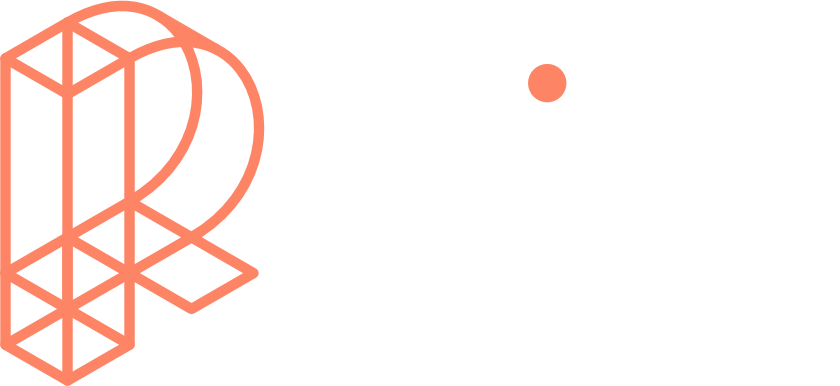
In an era where data breaches and cyber-attacks dominate headlines, the importance of robust data security measures cannot be overstated. Organizations across the globe are grappling with the challenge of protecting their data while complying with stringent regulatory frameworks. The distinction between data backup and data security, the necessity of regular testing, and the strategic deployment of data storage solutions are critical aspects that warrant closer examination.
Data Backup vs. Data Security.
A common misconception in the business world is equating data backup with data security. While data backup is a crucial component of a comprehensive data security strategy, it is not synonymous with security itself. Data backups are akin to having a copy of vital information in case the original is lost or corrupted. However, this does not inherently protect the data from being accessed, stolen, or compromised by malicious actors.
Effective data security encompasses a broader spectrum of practices, including encryption, access controls, and threat detection systems. These measures ensure that data, whether in transit or at rest, remains inaccessible to unauthorized individuals. Simply put, without robust security measures, backups alone are insufficient in safeguarding sensitive information from cyber threats.
The Necessity of Regular Testing.
Backups and data recovery plans must be regularly tested in live environments to ensure their efficacy. It is not enough to have a backup system in place; organizations must also verify that these systems function correctly under real-world conditions. Regular testing can uncover potential issues that might otherwise go unnoticed until a critical failure occurs.
This practice is analogous to fire drills in buildings; while everyone hopes never to encounter a real fire, regular drills ensure that everyone knows what to do in an emergency. Similarly, regular testing of backup and recovery systems prepares organizations to respond swiftly and effectively to data breaches or system failures, minimizing downtime and data loss.
Strategic Data Storage Solutions.
Data should be stored across primary, secondary, and “cold storage” or offline secure locations. This tiered approach to data storage enhances security and ensures that data remains accessible even in the event of a primary system failure. Primary storage is typically used for day-to-day operations, while secondary storage provides a backup that can be quickly accessed if needed. Cold storage, often offline, serves as a last-resort option, protecting data from online threats.
While cloud solutions offer excellent options for these storage needs, reliance on a single cloud environment for both primary and secondary storage can be risky. A single point of failure can lead to catastrophic data loss. Therefore, diversifying storage solutions across multiple environments, including on-premises and various cloud providers, can significantly enhance data resilience.
Regulatory Compliance.
With the introduction of regulations such as Bermuda’s Personal Information Protection Act (PIPA) and the European Union’s General Data Protection Regulation (GDPR), companies must align their data security practices with these stringent standards. These regulations mandate robust measures for data protection, giving individuals greater control over their personal information and imposing severe penalties for non-compliance.
The Bermuda Monetary Authority (BMA) also plays a pivotal role in ensuring that financial institutions adhere to these regulations. Companies regulated by the BMA must be particularly vigilant in implementing data security measures that comply with both PIPA and GDPR. This includes conducting regular risk assessments, implementing robust data protection policies, and ensuring transparency in data handling practices.

Conclusion.
The landscape of data security is complex and continually evolving. Distinguishing between data backup and data security, regularly testing backup systems, and employing strategic data storage solutions are essential practices for safeguarding sensitive information. As regulatory frameworks like PIPA and GDPR come into play, companies must elevate their data security protocols to comply with these standards and protect their data from increasingly sophisticated cyber threats. By adopting a proactive and comprehensive approach to data security, organizations can mitigate risks, ensure compliance, and protect their most valuable asset—information.
References.
- Radcliffe, J. (2018). “Data Backup vs. Data Security: Why Both Matter.” Infosec Institute. Retrieved from Infosec Institute
- National Institute of Standards and Technology. (2012). “Contingency Planning Guide for Federal Information Systems.” NIST Special Publication 800-34 Rev. 1. Retrieved from NIST
- Bermuda Monetary Authority. (2021). “Cyber Risk Management Code of Conduct.” BMA. Retrieved from BMA
- European Commission. (2018). “2018 Reform of EU Data Protection Rules.” Retrieved from European Commission
- Government of Bermuda. (2016). “Personal Information Protection Act (PIPA).” Retrieved from Government of Bermuda
About the Author.
Gilbert A. Darrell is a seasoned entrepreneur and IT expert with extensive experience in business technology and emergency medical services. As the Founder and CEO of Rize Technologies, Gilbert has been at the forefront of developing innovative IT solutions for businesses, helping them navigate the complexities of the digital age. His diverse background includes founding Horizon Communications, a wireless telecommunications startup, and Bermuda Air Ambulance, focusing on medical transports.
With over a decade of experience in IT contracting and consulting for major Fortune 500 companies, Gilbert has a proven track record of delivering strategic IT initiatives that drive business success. He holds multiple IT certifications, including CCNA, MCSE, A+, and N+, and has pursued extensive pre-medical education. Gilbert’s expertise extends to emergency management, where he has served as a paramedic, fire service instructor, and volunteer for various medical and emergency services organizations.
Gilbert’s commitment to advancing technology and improving quality of life is evident in his professional endeavors and community involvement. His leadership and vision continue to shape the future of IT and emergency services, making him a respected authority in these fields.
